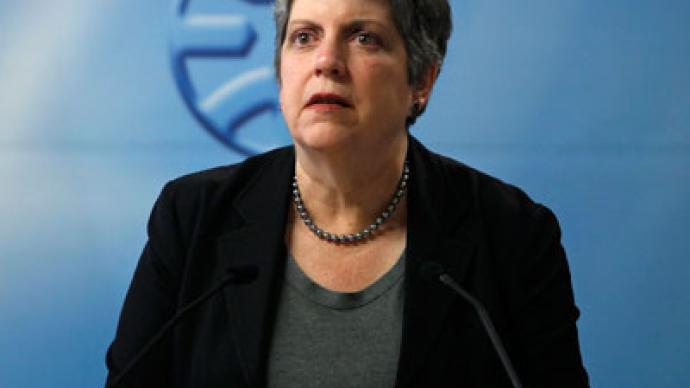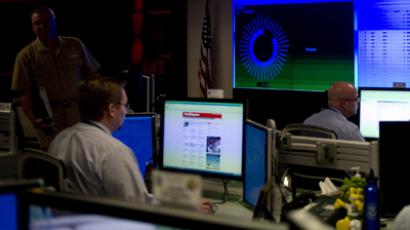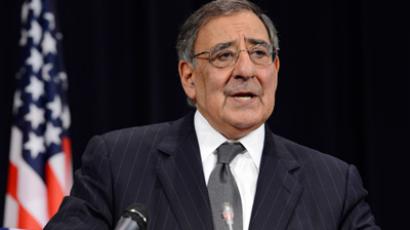Homeland Security's Napolitano invokes 9/11 to push for CISPA 2.0

In an attempt to scare the public with a looming cyber attack on US infrastructure, US Homeland Security Secretary Janet Napolitano is once again pushing Congress to pass legislation allowing the government to have greater control over the Internet.
Napolitano issued the warnings Thursday, claiming that inaction could result in a “cyber 9/11” attack that could knock out water, electricity and gas, causing destruction similar to that left behind by Hurricane Sandy.Napolitano said that in order to prevent such an attack, Congress must pass legislation that gives the US government greater access to the Internet and cybersecurity information from the private sector. Such a bill, known as CISPA or Cyber Intelligence Sharing and Protection Act, was already introduced last year, but failed to pass in Congress due to concerns expressed by businesses and privacy advocates.“We shouldn’t wait until there is a 9/11 in the cyber world. There are things we can and should be doing right now that, if not prevent, would mitigate the extent of the damage,” Napolitano said in a speech at the Wilson Center, a Washington, DC think tank.Defense Secretary Leon Panetta has also been a strong advocate for increased governmental grip on the web and in October warned that the US is facing a possible “cyber-Pearl Harbor” by foreign hackers.“A cyber attack perpetuated by nation states or violent extremist groups could be as destructive as the terrorist attack of 9/11,” he said during a speech. “Such a destructive cyber terrorist attack could paralyze the nation.”Last September, Napolitano reiterated disappointment with Congress for failing to pass the cybersecurity legislation in August.“Attacks are coming all the time,” she said in a speech at the Social Good Summit. “They are coming from different sources, they take different forms. But they are increasing in seriousness and sophistication.”Despite Homeland Security’s constant warnings that hackers could shut down critical US infrastructure, the Cybersecurity Act of 2012 was shot down by the Senate in August, even though the Obama administration had pushed for the bill in numerous hearings and briefings.Privacy advocates had expressed concern that the US government would be able to read Americans’ personal e-mails, online chat conversations, and other personal information that only private companies and servers might have access to. The head of the National Security Agency promised it wouldn’t abuse its power, but critics have remained skeptical.A coalition of Democrats this year pledged to make this legislation a priority.“Given all that relies on a safe and secure Internet, it is vital that we do what’s necessary to protect ourselves from hackers, cyber thieves, and terrorists,” said Sen. Tom Carper (D-Del.), the new chairman of the Homeland Security Committee.The White House is also working on an executive order that would encourage companies to meet government cybersecurity standards.














